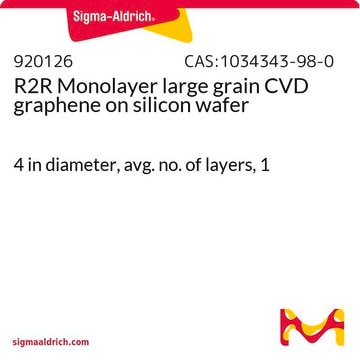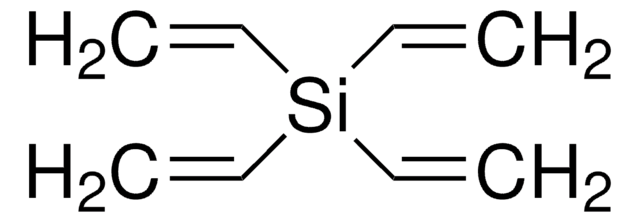About This Item
Recommended Products
form
powder
Quality Level
storage temp.
−20°C
SMILES string
C[C@@H]1CCCC(=O)\C=C\C(=O)O[C@]23[C@@H](\C=C\C1)[C@H](O)C(=C)[C@@H](C)[C@H]2[C@H](Cc4ccccc4)NC3=O
InChI
1S/C29H35NO5/c1-18-9-7-13-22(31)15-16-25(32)35-29-23(14-8-10-18)27(33)20(3)19(2)26(29)24(30-28(29)34)17-21-11-5-4-6-12-21/h4-6,8,11-12,14-16,18-19,23-24,26-27,33H,3,7,9-10,13,17H2,1-2H3,(H,30,34)/b14-8+,16-15+/t18-,19-,23+,24+,26+,27-,29-/m1/s1
InChI key
ZMAODHOXRBLOQO-TZVKRXPSSA-N
Looking for similar products? Visit Product Comparison Guide
Biochem/physiol Actions
Other Notes
Signal Word
Danger
Hazard Statements
Precautionary Statements
Hazard Classifications
Acute Tox. 1 Inhalation - Acute Tox. 2 Dermal - Acute Tox. 2 Oral - Repr. 2
Storage Class Code
6.1A - Combustible acute toxic Cat. 1 and 2 / very toxic hazardous materials
WGK
WGK 3
Flash Point(F)
Not applicable
Flash Point(C)
Not applicable
Personal Protective Equipment
Certificates of Analysis (COA)
Search for Certificates of Analysis (COA) by entering the products Lot/Batch Number. Lot and Batch Numbers can be found on a product’s label following the words ‘Lot’ or ‘Batch’.
Already Own This Product?
Find documentation for the products that you have recently purchased in the Document Library.
Customers Also Viewed
Our team of scientists has experience in all areas of research including Life Science, Material Science, Chemical Synthesis, Chromatography, Analytical and many others.
Contact Technical Service











